Can Makita 18V Batteries Be Repaired?
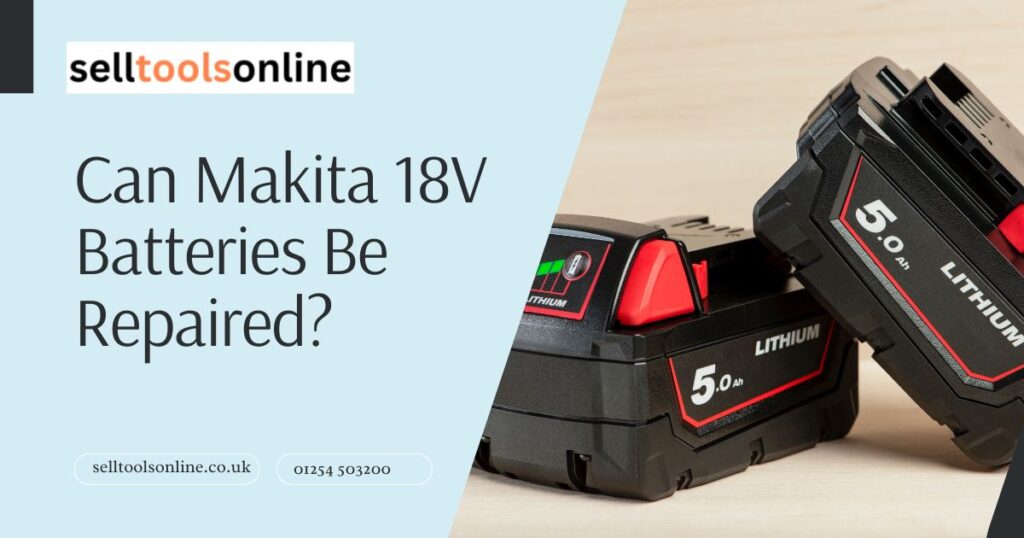
Makita 18V batteries are renowned for their reliability and long-lasting performance, making them a favorite among professionals and DIY enthusiasts alike. However, like all rechargeable batteries, they can eventually wear out or stop holding a charge. This raises the question: can Makita 18V batteries be repaired? Let’s explore this topic in detail.
Understanding Makita 18V Batteries
Makita 18V batteries are typically lithium-ion (Li-ion) batteries. These batteries offer numerous advantages, including a high energy density, minimal memory effect, and a relatively slow loss of charge when not in use. However, they are also sensitive to overcharging, deep discharging, and extreme temperatures, which can lead to performance issues over time.
Common Issues with Makita 18V Batteries
Before diving into repair possibilities, it’s important to identify common issues that might affect your Makita 18V battery:
- Loss of Charge Capacity: Over time, the battery may not hold a charge as well as it used to.
- Battery Not Charging: The battery may refuse to charge when placed on the charger.
- Overheating: The battery might overheat during use or charging.
- Physical Damage: Dropping the battery or exposing it to moisture can cause physical damage.
Can Makita 18V Batteries Be Repaired?
In many cases, Makita 18V batteries can be repaired, but the feasibility depends on the nature and extent of the damage. Here are some common repair methods:
- Battery Reconditioning: This involves cycling the battery through several full charge and discharge cycles. Sometimes, this can restore a portion of the battery’s capacity.
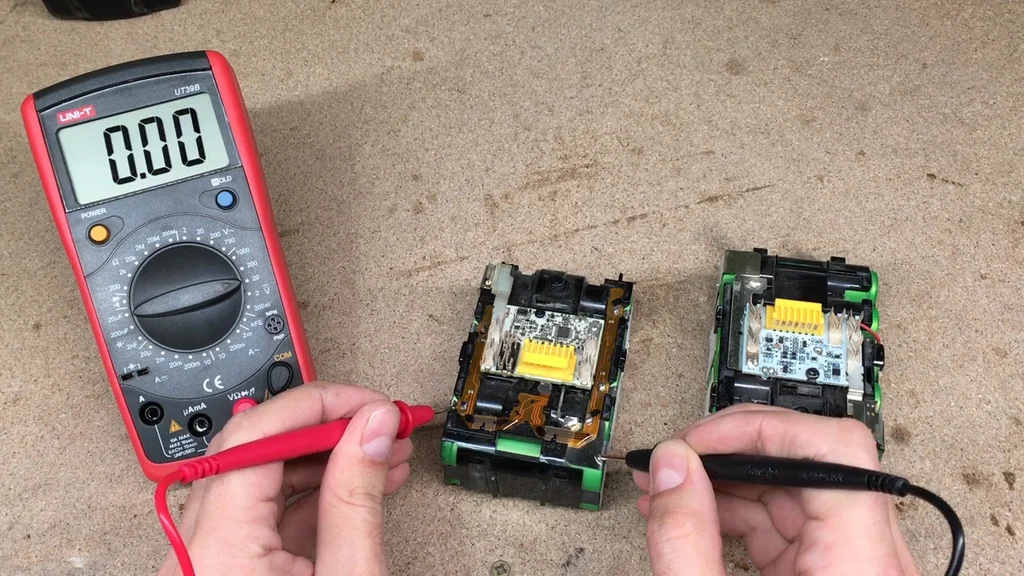
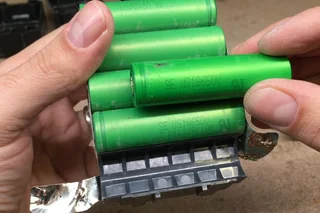
2. Cell Replacement: If one or more cells within the battery pack are faulty, they can sometimes be replaced. This requires opening the battery pack, identifying the faulty cells, and soldering in new ones. This is a more advanced repair and should only be done if you have the necessary skills and equipment.
3. Connector Cleaning: Dirty or corroded connectors can prevent the battery from charging properly. Cleaning the connectors with a small brush or cloth can sometimes resolve this issue.
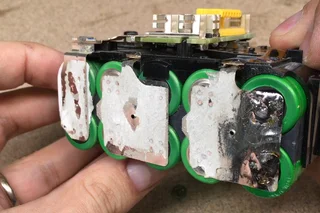
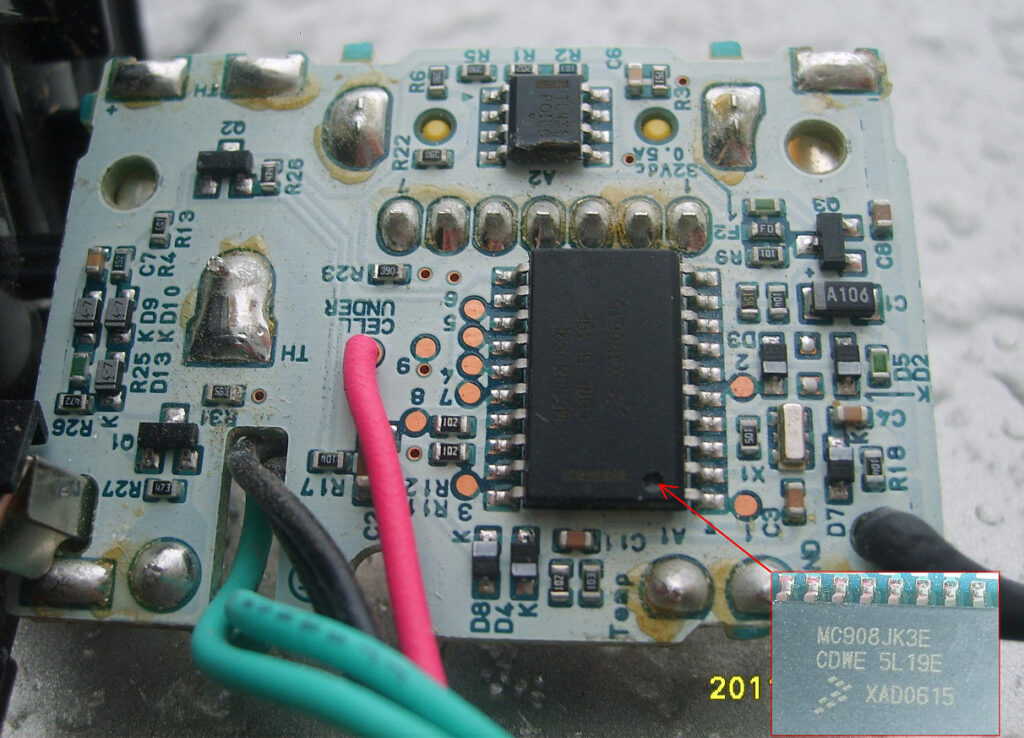
4. BMS Reset: The Battery Management System (BMS) can sometimes lock up, preventing charging. Some chargers have a reset function, or you might need to manually reset the BMS by disconnecting the battery pack and reconnecting it.
When to Consider Professional Repair
If you’re not comfortable performing these repairs yourself, it might be worth seeking professional help. Many specialized repair shops can diagnose and fix battery issues, often at a fraction of the cost of a new battery. They have the tools and expertise to safely open and repair battery packs, replace cells, and reset the BMS.
Preventative Measures
To extend the life of your Makita 18V battery and minimize the need for repairs, consider the following tips:
- Avoid Overcharging: Use chargers with automatic shut-off features to prevent overcharging.
- Store Properly: Store the battery in a cool, dry place. Avoid extreme temperatures.
- Regular Use: Use the battery regularly to keep it in good working condition. If not in use, charge it every few months.
- Inspect Regularly: Periodically check the battery for signs of damage or wear.
Conclusion
Makita 18V batteries can often be repaired, depending on the nature of the issue. Simple fixes like cleaning connectors or reconditioning the battery can be done at home, while more complex repairs such as cell replacement might require professional assistance. By taking good care of your batteries and addressing issues promptly, you can extend their lifespan and get the most out of your investment.
Remember, safety is paramount when dealing with batteries. If you’re unsure about any repair process, it’s always best to consult a professional. Happy tool using!
Ready to sell your tools? You can get an instant quote here.
